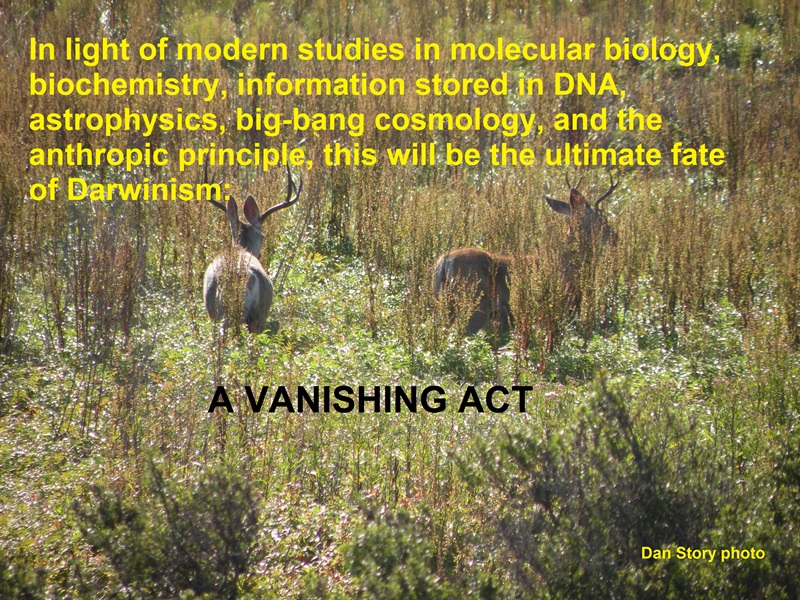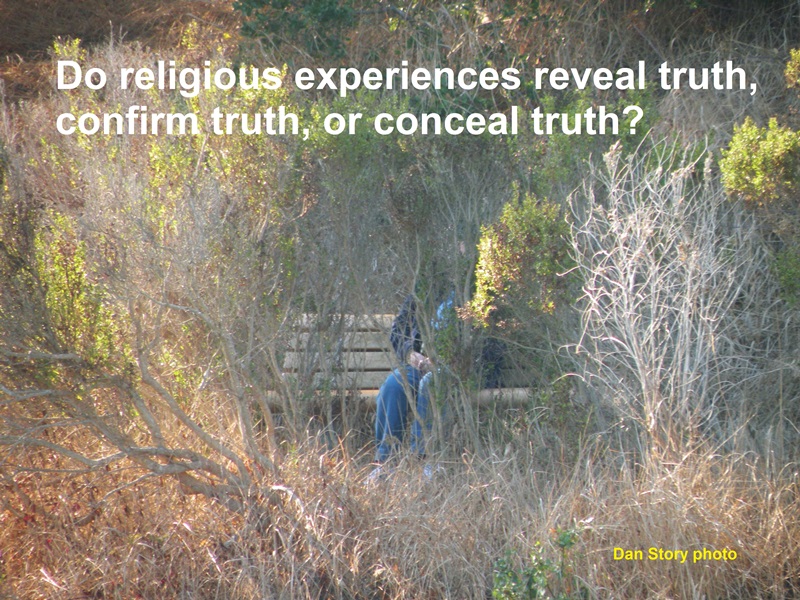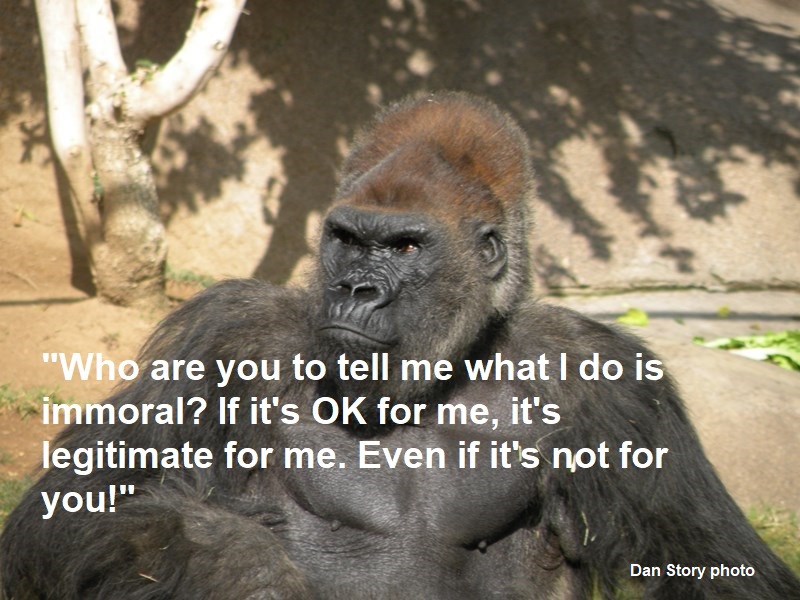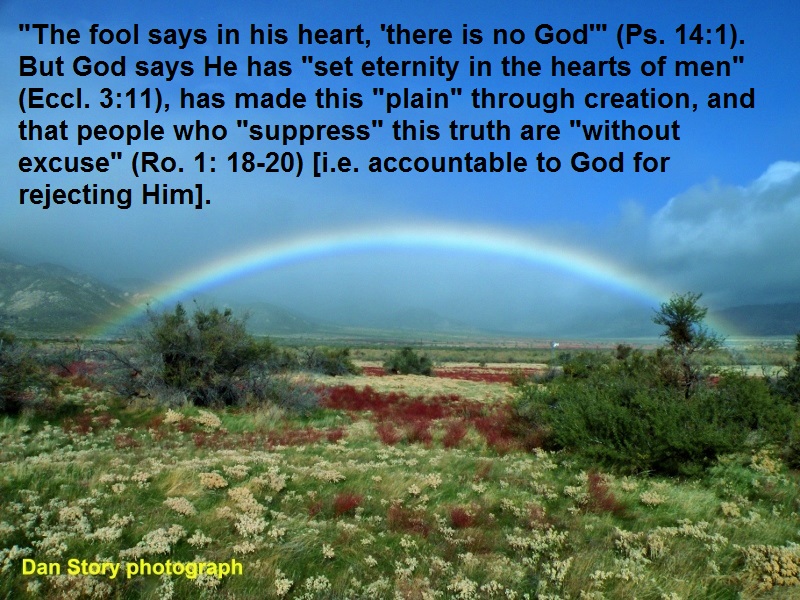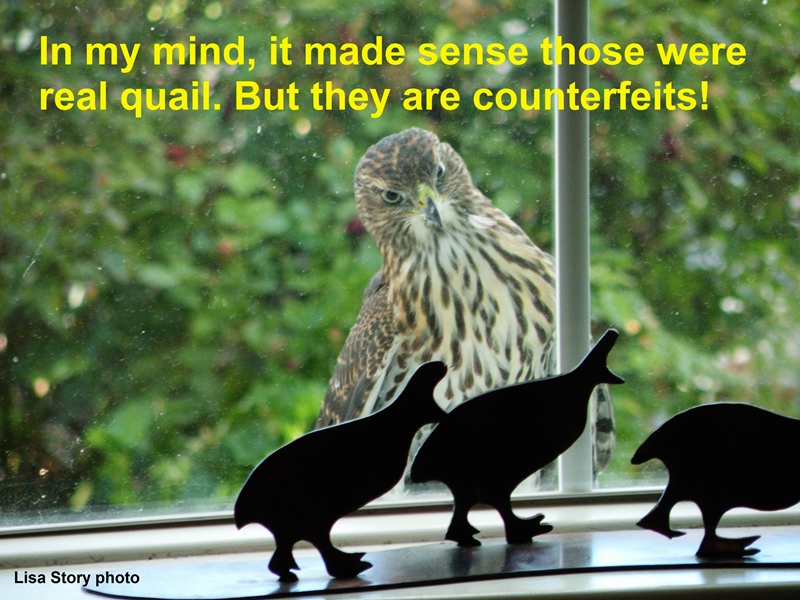
Part Seven: The Most Dangerous Adversary Confronting the Church Today
I began studying Christian apologetics in the mid-1980s. Back then, tough-minded non-Christians typically responded to the Gospel by making statements like, “How do you know Jesus rose from the dead? Can you prove it?” Or, “Jesus never claimed to be God!” At this point, Christian evangelists trained in apologetics would switch from Gospel to apologetics. We would demonstrate why Christians know for sure that Jesus rose from the dead and in fact did claim to be deity. We would provide evidence that the Bible is historically reliable. With the aid of the Holy Spirit, we demonstrated that Christianity is Truth.
This approach worked well until the 1990s because most people—Christians and non-Christians—accepted the reality of objective, absolute truth. They differed over what constituted truth, but they agreed that truth existed and appealed to evidence and reasoned arguments to support their perspectives.
This is not always the case today. Successful apologetic tactics used during the twentieth century are often ineffective now. Why? Because during the last decades of the twentieth century, a profound and socially jarring worldview shift occurred relating to how people view truth. Modern critics of Christianity often deny the effectiveness of human reasoning and reject the notion of absolute truth. As a result, it’s common for people to say something like this, “You’re so intolerant! What gives you the right to claim Jesus is the only way to God? Muslims, Mormons, Buddhists—all are equal.” Or, “It’s not immoral to have an abortion; people are free to do as they choose!”
This emerging view of truth and reality is called postmodernism, and it’s a politically charged, highly influential, radical departure from how Western cultures viewed truth and reality for centuries. It has also caused a tactical shift in how apologists deal with it.
Postmodernism
Postmodernism is primarily a Western intellectual phenomenon, and it has dramatically impacted contemporary culture. It’s responsible for an ongoing worldview shift of such magnitude that it changes how many people think and behave in practically every area of knowledge, including science, history, law, education, sociology, psychology, entertainment, ethics, and religion. Many Christian apologists believe postmodernism is the most dangerous adversary of the church today. As one author, writing for the Christian Research Journal put it, today the church faces a challenge far greater than the Renaissance, potentially more divisive than the Reformation, and more insidious in its inroads into the life of the church itself than the secularist rationalism of the Enlightenment. I am referring to postmodernism.” (Donald T. Williams, “The Great Divide; The Church and the Postmodernist Challenge,” Christian Research Journal, Vol. 26, No. 02, 35).
Two fundamental presuppositions (assumptions) form the doctrinal infrastructure of postmodernism. Both directly oppose the governing principles for determining truth that has guided Western cultures for centuries—and they directly affront biblical teachings. ©
In next week’s blog post, I’ll identify and examine the two governing presuppositions (assumptions) of this 21st-century assault against Christianity.

